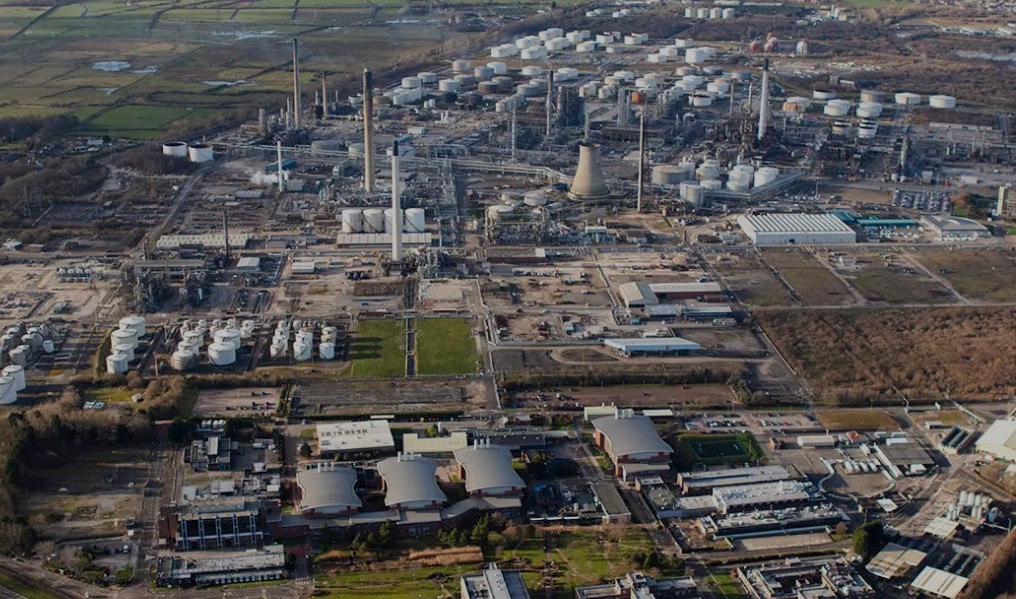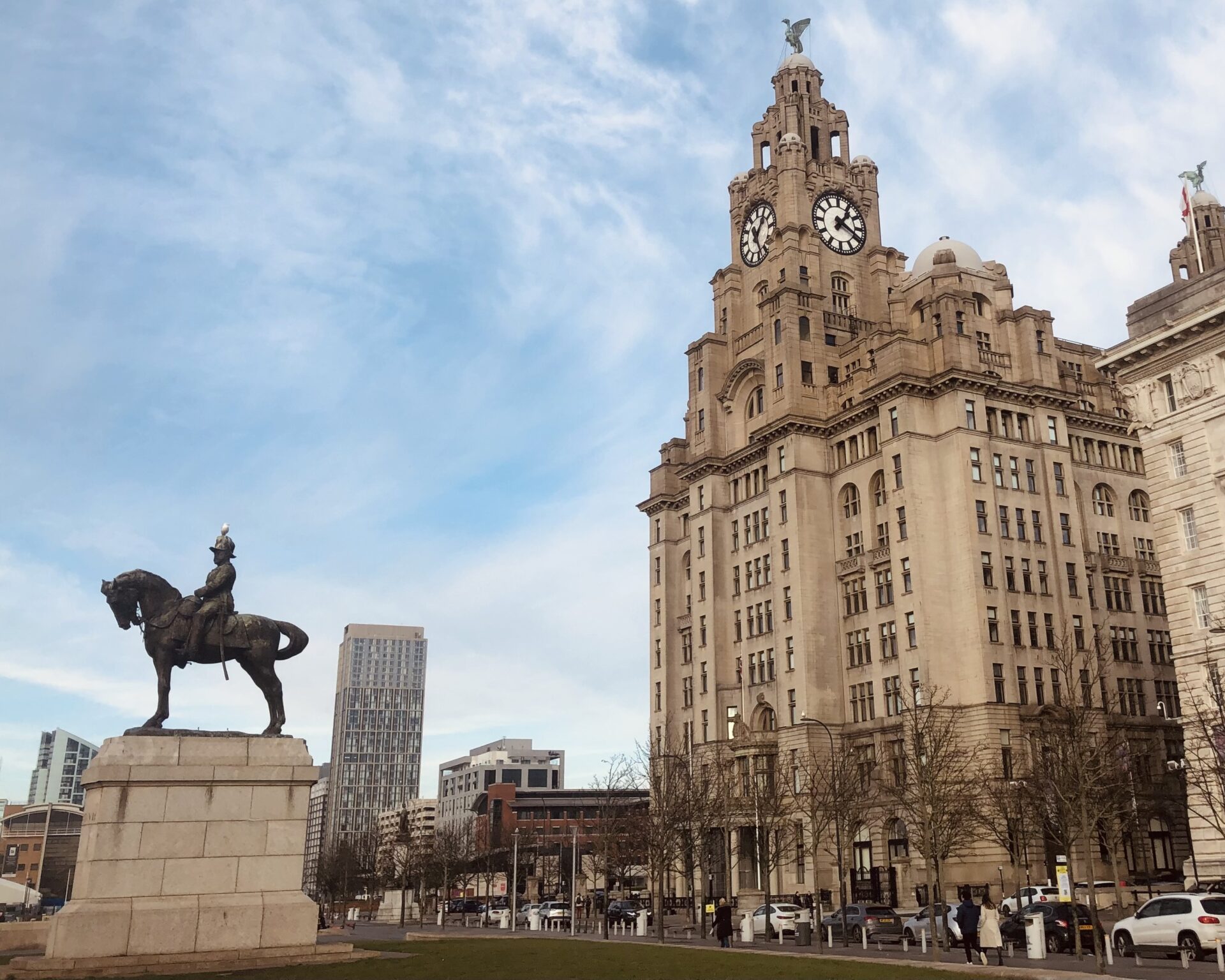Jet fuel funding falls into place for Stanlow, Workington
A total of £8.5m has been promised by government to advance sustainable aviation fuel projects in the two North West locations.
Carbon Neutral Fuels, a London-headquartered decarbonisation business, will receive a £6m grant from the Advanced Fuels Fund to take forward plans for a production plant in Workington.
CNF wants to develop a commercial scale plant that uses solid oxide electrolysis and Fischer-Tropsch synthesis technology to convert low carbon electricity and CO2 from direct air capture and biogenic sources into sustainable aviation fuel (SAF).
This is the third grant window opened by the Department for Transport. The government’s target is that by 2040, 22% of total jet fuel demand must be SAF, up from 2% today.
Company co-founder Alasdair Lumsden said: “This support comes as we enter FEED for our ASAP-DAC project in Cumbria. The facility will produce sustainable aviation fuel using power-to-liquid and direct air capture technologies, at commercial scale. It’s a first for the UK.”
Local MP Josh MacAlister said: “Over 2,000 jobs would be created during construction and over 50 direct full time jobs during operation. Located near the Port of Workington, the plant would produce 25,000 tonnes of green jet fuel per year, with an 89% reduction in emissions across the lifecycle of the fuel compared to current fossil jet fuel.
- BOOK NOW: Energy & Power 2025
“The £6m government funding boost announced today is a real vote of confidence in our area and it will help to fast-track the project to a final investment decision. So, it isn’t 100% nailed down just yet, but we’re very close and I’ll keep working hard to make it happen in the weeks ahead.”
At Essar Energy Transition’s Stanlow hub, where a variety of projects are being progressed within the orbit of the oil refinery, £2.5m is pledged to take forward plans for a production facility converting methanol into SAF.
This methanol-to-jet hub could, said Essar, be capable of producing 200,000 tonnes per year of advanced SAF, using 550,000 tonnes per year of renewable e-methanol and bio-methanol sourced domestically in the UK and internationally, including from sister company Essar Future Energies, which is developing an e-methanol project in Gujarat.
A feasibility study has been completed this year, and the receipt of this grant from the AFF programme will enable Essar to advance to the pre-front-end engineering design stage.
Essar is targeting completion of this stage by March next year, with full front-end design taking place next summer ahead of a final investment decision by the end of 2027.
The MtJ production hub’s location at Stanlow, close to Ellesmere Port, will look to leverage the terminal’s existing import infrastructure, enabling access to the most competitive, low cost and low carbon intensity methanol feedstocks.
The existing refinery processing facilities, combined with low-carbon power, hydrogen and carbon capture facilities under development, also offer unique integration opportunities to create one of the lowest CI SAF production facilities in the UK, Essar said.
In January this year, Essar appointed Turkish contractor ENKA to deliver a low-carbon hydrogen production plant at Stanlow, a key part of the HyNet project. A £360m carbon capture plant is also in the works.
Essar Energy Transition’s established UK jet export infrastructure includes the Manchester Jet, Midlands, and UKOP oil pipeline systems, as well as existing road and marine distribution routes, allowing supply to regions across the UK. This infrastructure already supplies 10 UK airports including nearby Manchester International Airport.
The hub will be the most direct SAF supply point to the UK aviation sector, the firm said.
Tony Fountain, managing director at Essar Energy Transition, said: “We welcome the UK government’s support, which enables us to carry out a detailed pre-front-end engineering design process and accelerate this flagship UK advanced sustainable aviation fuels project towards final investment decision.
“At Stanlow, we have major decarbonisation ambitions, aiming to become a leading energy transition hub and home to the world’s first low-carbon process refinery. Domestic advanced SAF production is central to our long-term vision and a key catalyst for decarbonising aviation. With SAF still making up only a tiny fraction of global jet fuel use, our MtJ plant will play a critical role in closing that gap and helping the UK meet its Jet Zero targets.”




